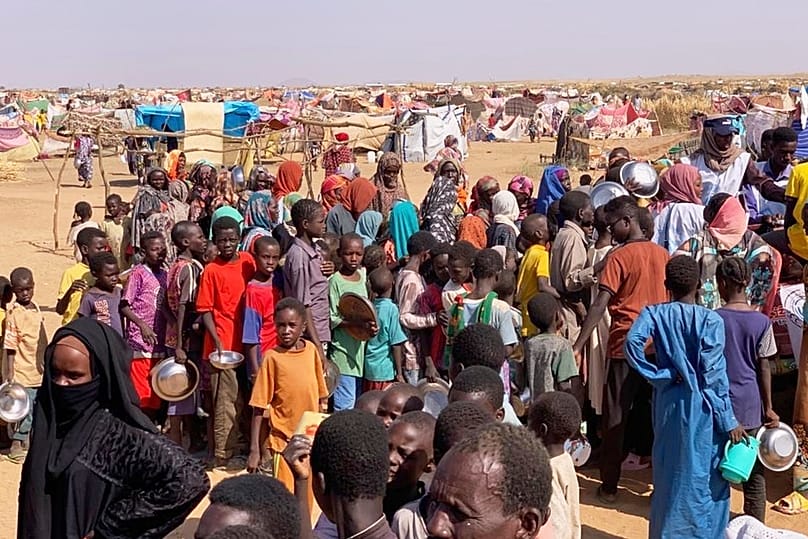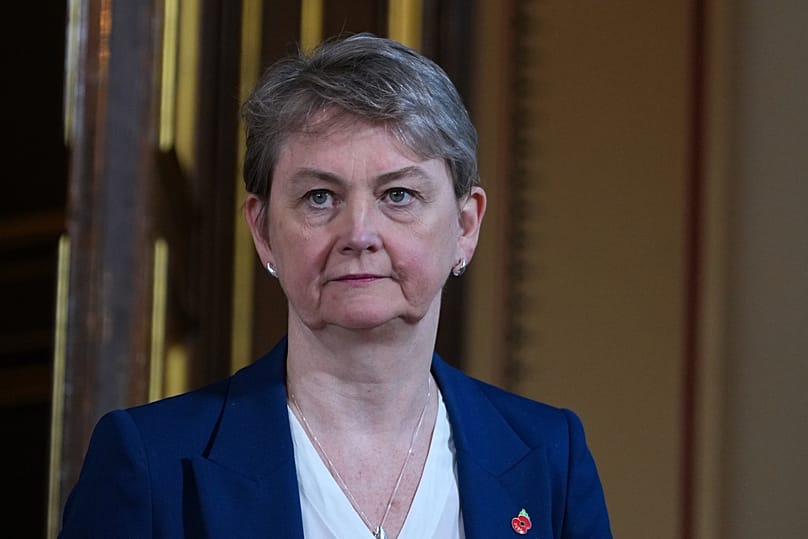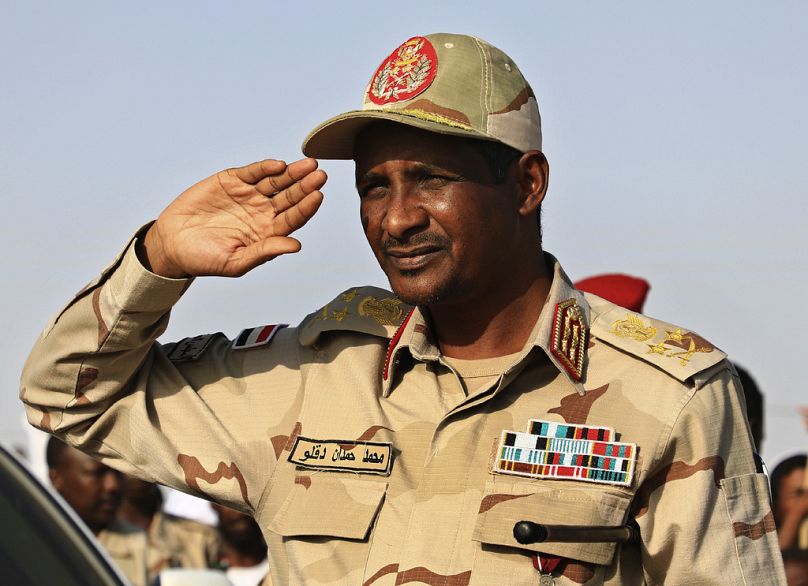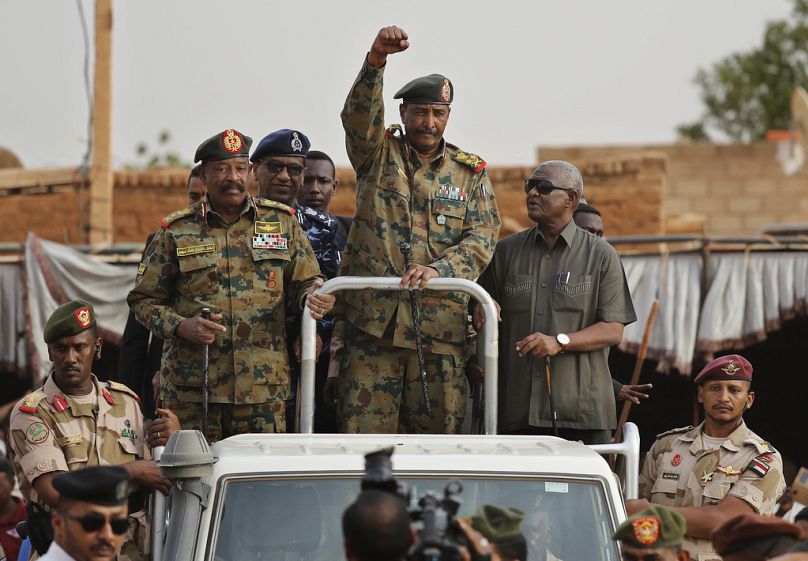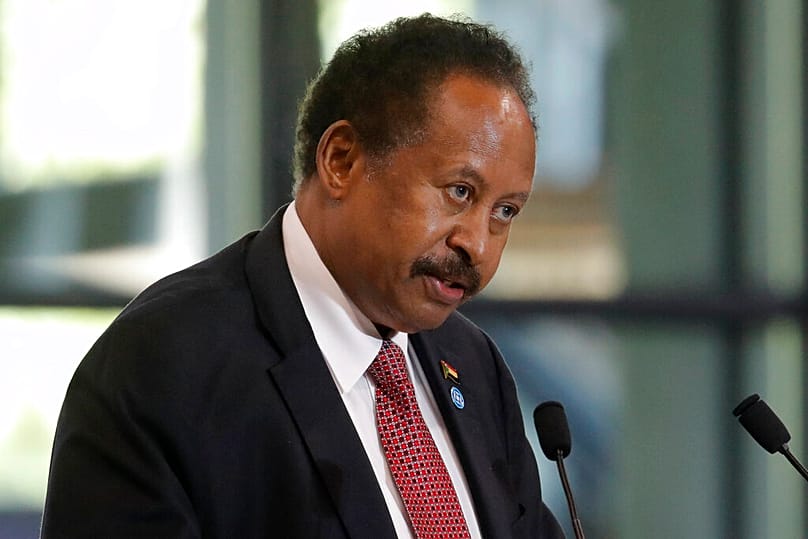UK, Germany and Jordan foreign ministers condemn atrocities in Sudan and call for immediate truce
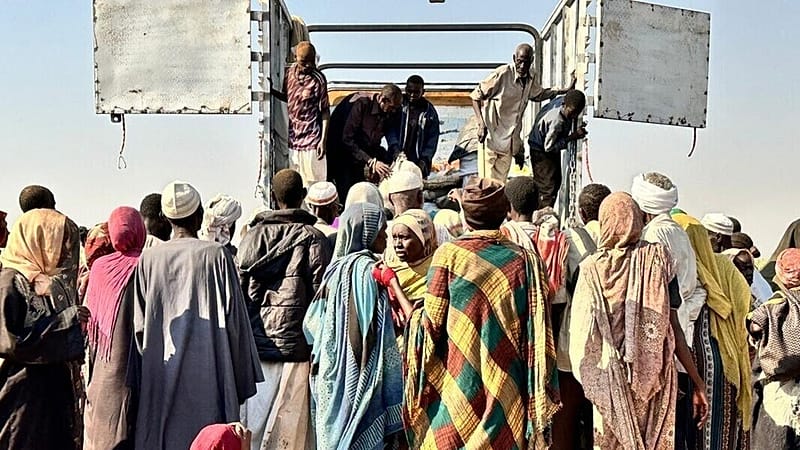
The foreign ministers of the United Kingdom, Germany and Jordan have jointly called for an immediate ceasefire in Sudan after recent atrocities and probable human rights abuses were uncovered in the East African Nation’s Darfur region.
The statement described the situation in Sudan, which has been gripped by a brutal civil war for more than two years, as “stark” and “apocalyptic,” after a paramilitary force seized the last major city in the western Sudanese region.
United Nations officials have warned that fighters with the paramilitary Rapid Support Forces (RSF) have rampaged through the city of al-Fasher, reportedly killing more than 450 people in a hospital and carrying out ethnically targeted killings of civilians and sexual assaults.
While the RSF have denied killing people at the hospital, those who have escaped al-Fasher, satellite images and videos circulating social media provide glimpses of what appears to be mass slaughter taking place in the city.
At the Manama Dialogue security summit in Bahrain, UK Foreign Secretary Yvette Cooper spoke in grim words on Saturday about the events unfolding in al-Fasher, which has garnered widespread attention in media outlets and across social media platforms.
“Just as a combination of leadership and international cooperation has made progress in Gaza, it is currently badly failing to deal with the humanitarian crisis and the devastating conflict in Sudan, because the reports from Darfur in recent days have truly horrifying atrocities,” said Cooper.
“Mass executions, starvation and the devastating use of rape as a weapon of war, with women and children bearing the brunt of the largest humanitarian crisis in the 21st century. For too long, this terrible conflict has been neglected, while suffering has simply increased.”
“No amount of aid can resolve a crisis of this magnitude until the guns fall silent,” she added.
German Foreign Minister Johann Wadephul echoed Cooper's concern, directly calling out the RSF for its violence in al-Fasher.
“Sudan is absolutely an apocalyptic situation," Wadephul said.
Jordan's top diplomat Ayman Safadi said Sudan has not received “the attention it deserves. A humanitarian crisis of inhumane proportions has taken place there.”
“We’ve got to stop that,” he added.
Attacks on al-Fasher
The attack on al-Fasher, reported on Tuesday, was part of a reported rampage by the RSF, who in a bid to strengthen their foothold of the region, made key advances into the city they besieged for 18 months, as fighting with the Sudanese Armed Forces continue.
Witnesses have reported fighters going house-to-house, killing civilians and committing sexual assaults. Recent satellite imagery also appeared to show large parts of the city covered in red stains, which analysts say is human blood and proof of mass killings and executions taking place in the city.
The grotesque images have appalled much of the international community, who have called for an immediate end to hostilities and killings in an armed dispute for power, well into its third year.
How did Sudan get here?
The war in Sudan started in April 2023, after disagreements between Commander-in-Chief of the Armed Forces, Abdel Fattah al-Burhan and RSF chief, Mohamed Hamdan Dagalo – known as “Hemedti” – broke out at the transitional governing council they co-led.
The war has killed more than 40,000 people, according to UN figures, but aid groups say that is an undercount and the true number could be many times higher.
The war has also displaced more than 14 million people and fuelled outbreaks of diseases believed to have killed thousands. Famine has been declared in parts of Darfur – a region the size of Spain – and other parts of the country.
Al-Burhan, Sudan’s de facto head of state, came to power after staging a coup in October 2021 with the RSF’s Dagalo, toppling the transitional government led by Prime Minister Abdalla Hamdok, a former senior UN official and respected economist.
Hamdok was tasked with leading the north African country towards stability and elections, after longtime strongman President Omar al-Bashir was ousted after nearly 30 years in power.
Today


